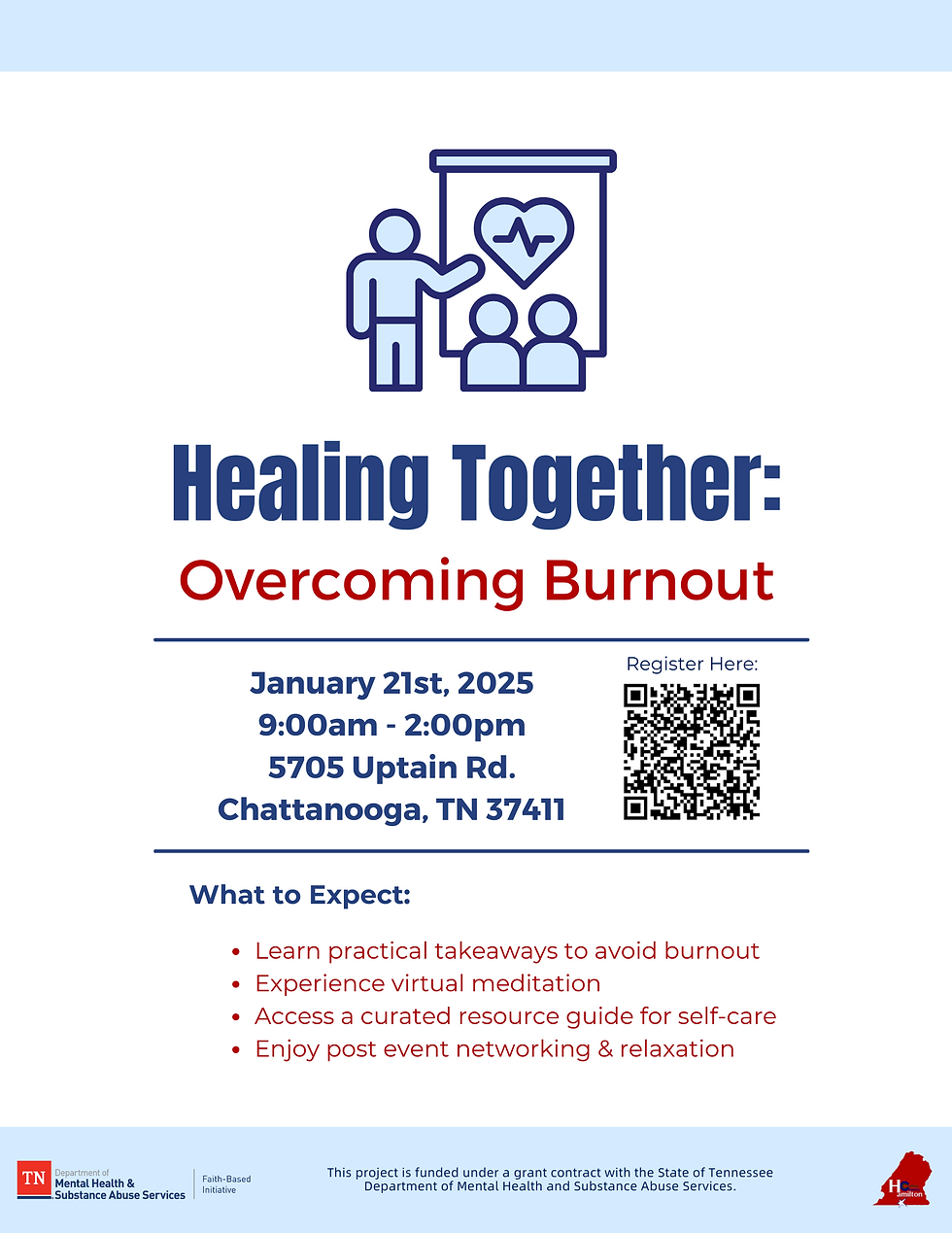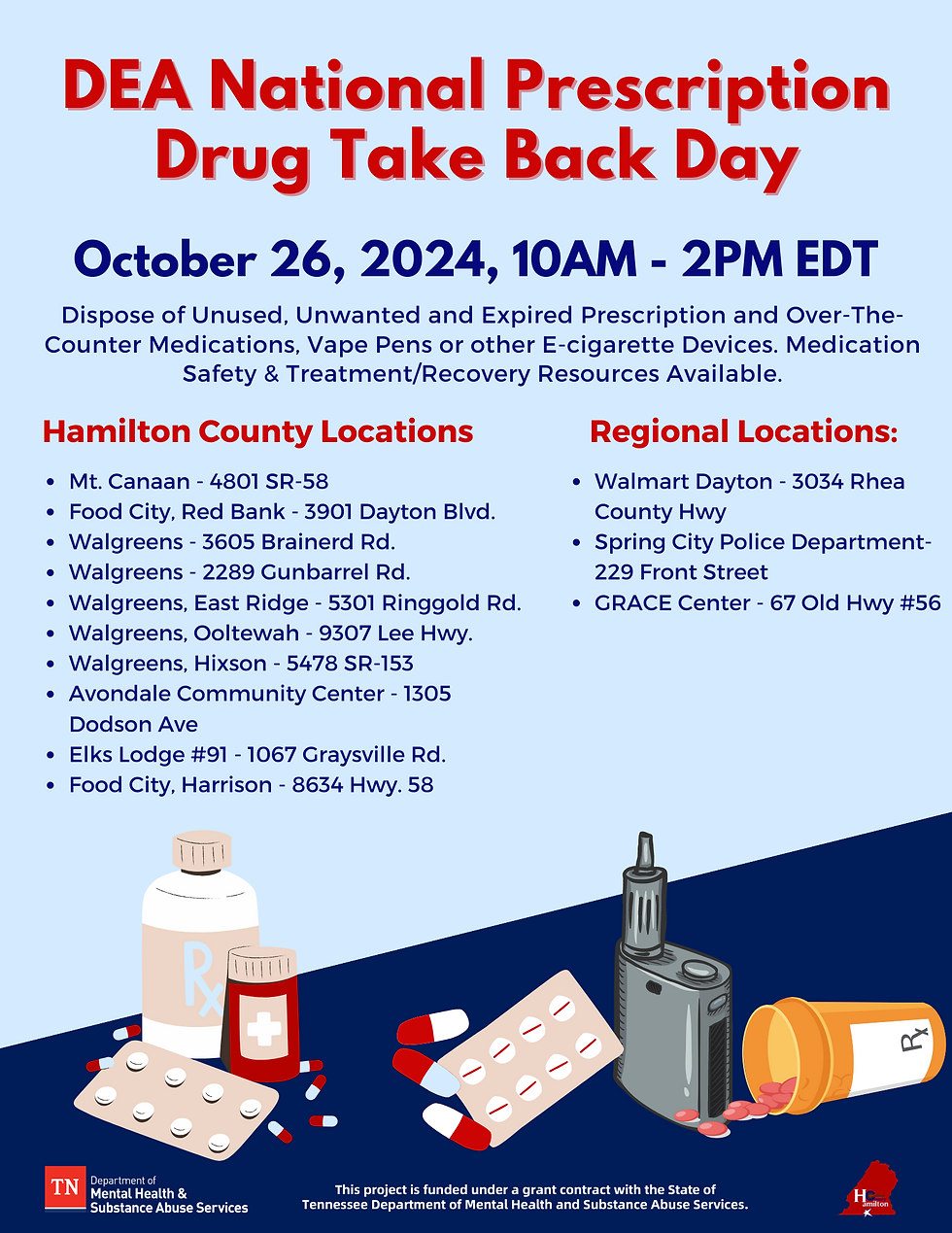Chattanooga's Blue Light Has Beer License Suspended for Further Violations
- johnmitchell70
- Mar 15, 2022
- 4 min read

By Barry Courter
CHATTANOOGA (Chattanooga Times Free Press) -- Station Street nightclub Blue Light has again had its beer license suspended by the Chattanooga Beer and Wrecker Board.
Board members voted Thursday to suspend the business's license for two weeks for not reporting a disorder inside the club via its land phone line, which the board says is required by code, and for one week for operating a disorderly place. The suspensions are set to take place concurrently beginning March 3. The venue can appeal the suspensions.
Chattanooga Police Department officer Dylan Johnston told the board he was called to the bar on Jan. 29 in response to a report of a man punching three people in the face before leaving the bar and then returning sometime later. Johnston said he had written in his report a 911 call was made to police after the man returned to the club.
Beer Inspector Sgt. Jason Woods said the phone number did not match the number listed as the club's business or landline. Blue Light attorney Zachery Darnell argued the city code does not specifically define what a disorder is, nor does it specifically say all disorders must be reported by a venue on a landline.
Club co-owner Brian Joyce also disputed the idea that one of his security guards only called 911 after the man returned to the club. He also said there was no fight or disorder in the club to begin with.
Joyce said after the meeting that in six months of operation, the bar had never had a fight, a shooting or a weapon found inside the premises. There have been altercations outside, including what police called "another fight/large disorder" in front of the club on Dec. 15 that police also said involved a shooting that was "determined to be accidental and self-inflicted."
Assistant City Attorney Melinda Foster said the city ordinance does specify a landline must be present and in working order and it says beer permit holders are required to report any disorder. While city code does not specifically say the call must come on a landline, she said the board has always operated with the understanding the implication of the ordinance is the landline must be used when reporting a disorder for safety reasons because those phones indicate to emergency responders where the location is.
Board member Cynthia Coleman asked Joyce if he'd read the code and understood the landline must be used and he answered yes to both, but that he believed his security guard did the right thing by using his cellphone because it was quicker.
Some board members said they were unsure about the definition of disorder, as well.
Calandra Smith, a coordinator with the Hamilton County Coalition who is certified by the city to teach the beer code and to certify staff and owners of bars, restaurants, clubs and retailers who sell beer within the city addressed the question of what constitutes a disorder before the board at the end of the meeting, "to clear that up."
She said defining a disorder is a key part of her training, and she stressed there is "zero tolerance," meaning it is not up to the venue staff to try and determine to what degree a disorder should be dealt with and reported.
She said she emphasizes someone at the venue needs to call even if things do not escalate into punches being thrown. She said it is not unusual for a disorder to appear to be over, and then things can quickly "turn left quickly and people have lost their lives.
"This is a section [of the training] we take very seriously," she said.
Joyce argued his security guard used his cell phone to call 911 to "expedite" the call, and that leaving the outside deck where the man was to make the call on the business' phone, which is behind the bar, would have taken too long.
Several board members agreed with that assessment but others pointed out it has always been the city's requirement to call on a landline. Joyce later said "how stupid that is."
Joyce said in a news conference following the meeting the citations against him were "bogus and unwarranted" and the police reports of the incidences were "full of lies and inaccuracies." He also accused the board of being "biased, crooked and corrupt."
Joyce told attendees of his news conference he believed his bar was being targeted by representatives of the city for racial reasons because it appeals to fans of hip-hop and because it was taking business away from other clubs along Station Street and the owners are therefore "jealous."
He also questioned why those, and other clubs, were not falling under the same level of scrutiny his venue receives.
The citations are the seventh and eighth leveled against the Blue Light since November, when the board cited the business for allowing an employee to consume alcohol or be intoxicated on the premises, for selling alcohol off premises on two occasions, for operating a disorderly place on two occasions and for failure to report a disorder.
The bar had its license suspended for several weeks and eventually revoked for those violations in November. The business appealed and was granted a stay in Hamilton County Chancery Court. The cases will be heard on March 25, and Joyce and his attorney Scott Maucere said they look forward to having their "case heard in a real court with a real judge."
The board also voted to delay hearing two similar cases related to the Blue Light on Station Street because none of the parties involved in the incident, which reportedly took place on Jan. 22, were in attendance. Those cases will be heard on March 3.
Foster attended Joyce's news conference after the board meeting but declined to comment afterward. Messages seeking comment from City Attorney Emily O'Donnell were not returned.




Comentarios